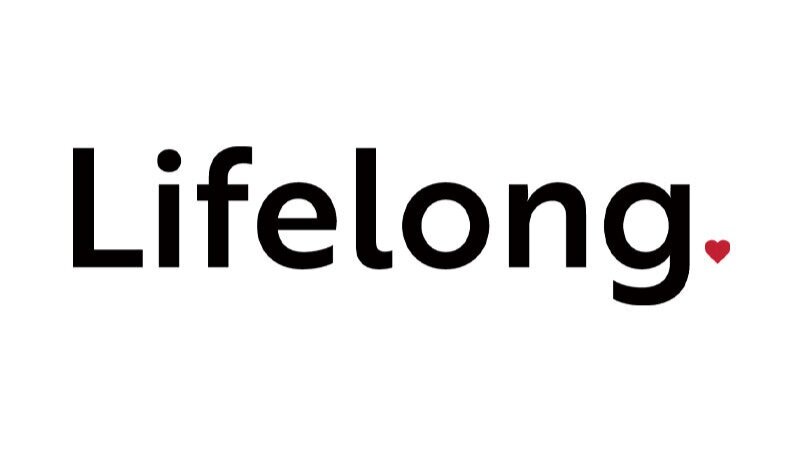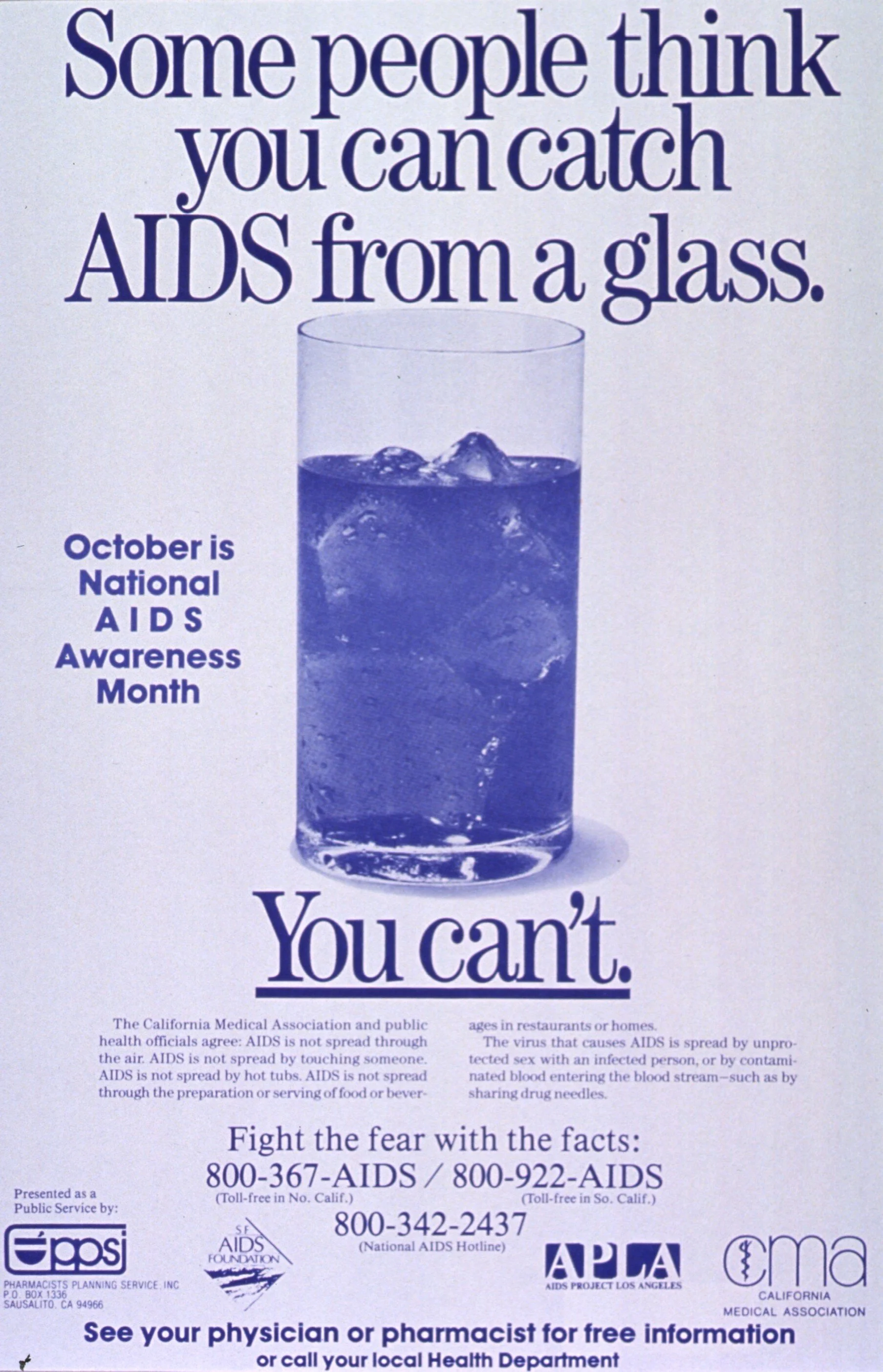BRIDGING THE GENERATIONAL GAP AS A QUEER MILLENNIAL
As a closeted queer kid in Eastern Washington growing up in the early aughts, my exposure to HIV education was…limited to say the least.
In middle school, a health teacher told my class that we shouldn’t share lip balm “because you might catch AIDS.” The teacher was old enough to have seen the CDC’s posters and educational campaigns telling the public that you can’t get AIDS from a swimming pool, a bug bite, shaking hands, dining out, a drinking glass, dancing, or other day-to-day contact, and that living with HIV was possible. But misinformation persisted in my town.
CDC posters from the early days of the AIDS Epidemic
I came of age in a time early activists couldn’t have imagined 40 years ago. They had to watch as their loved ones were dying, they took the first experimental drugs to control their viral loads, and they fought discrimination in the workplace, in housing, and in healthcare.
These were the challenges Lifelong was faced with. Our first volunteers in the 1980s cooked, cleaned, and cared for people in their final days. Since then, we’ve grown to become a robust organization caring for people’s whole health, from medication management, health advocacy, housing assistance, and so much more. Though I grew up knowing the AIDS crisis was in the very recent past, Millennials like me are too young to have experienced it. I wasn’t alive when Act Up was founded and my first exposure to queer activism was mostly through the fight for marriage equality.
In college, my visits to Lifelong's thrift store in Capitol Hill were my first experiences seeing a community rally together and support LGBTQIA+ people (and also probably one of the first times I saw out gay people, period).
As I’ve learned more about the history of the community, bridging that generational gap is important to me. As a storyteller and staff member at Lifelong, I get to tell the resilient stories of our work, where every day we fight to remove barriers to health with relentless compassion so no one faces illness and injustice alone.
40 years since AIDS first came to America, inequities are still prevalent.
Looking back at the 40-year fight against HIV that continues to this day and comparing it to the recent reports of inequities during the COVID-19 pandemic, it is a shocking reminder of why Lifelong’s staff, volunteers, and community continue this work.
Marginalized communities continue to be harmed the most in times of crisis. When the former president hatefully referred to COVID-19 as the “China virus,” it reminded some activists how HIV was initially known as “gay-related immune deficiency.” A CDC report released in February also noted that LGBTQ+ people are more likely to have underlying health conditions that would make them vulnerable to severe cases of COVID-19.
We still live in a world where trans people are discriminated against in the healthcare system and their everyday lives, where queer people in general are less likely to seek healthcare for fear of discrimination, where BIPOC communities continue to have worse outcomes than white communities for both COVID-19 and HIV, and where it is still uncommon for doctors to be trained in how to care for queer and trans people with competence and compassion.
In my work, I have the privilege of showcasing stories about resilience, hope, and how our work ensures people living with HIV aren’t misunderstood. While the needs of the people living with HIV and other life-challenging illnesses are very different now than they were 40 years ago, they still need community support in order to live their healthiest possible lives.
Some days, it can still feel hard to imagine a truly equitable healthcare system, but I’m glad to work with so many compassionate health advocates who are trying to make that a reality, and I hope you’ll join us. We know together we’ll get there because let’s face it: resilience is so gay.
Celebrate Pride with a limited-edition 'Resilience is so gay' shirt
Designed by local queer artist, Joseph John Sanchez III, we are selling limited-edition Pride shirts to honor our resilient community.
By getting a shirt, you will be supporting our LGBTQ+ health services.





